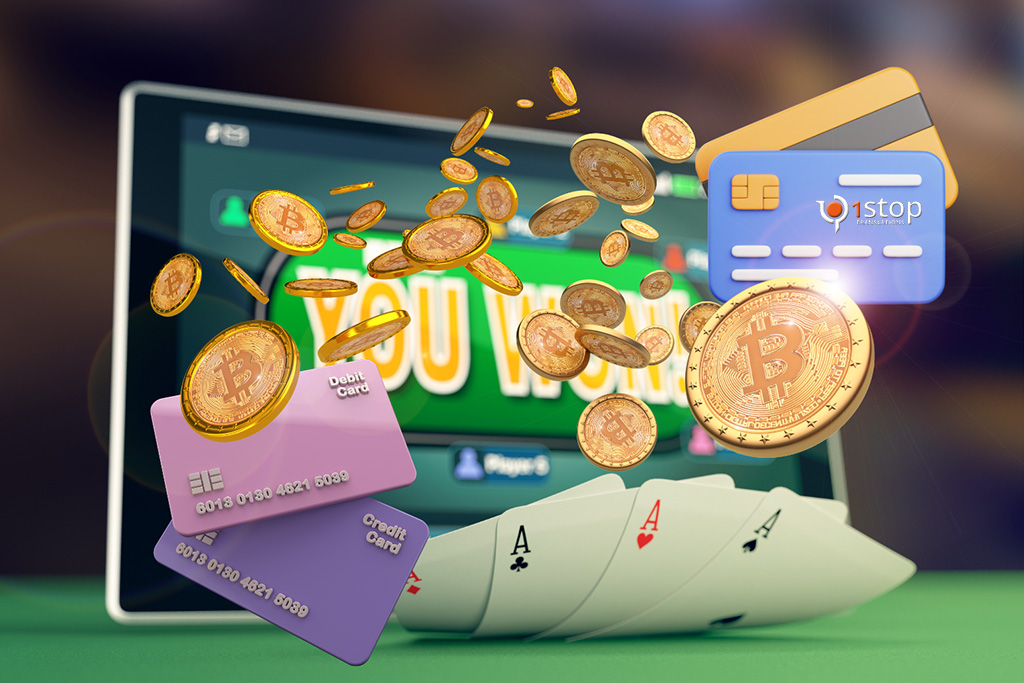Online slots are one of the most popular forms of gambling worldwide, attracting millions of players with their bright visuals, engaging sounds, and promise of big wins. But beyond the entertainment, there’s a deep psychological mechanism at play that makes slots particularly addictive. Understanding this can help megawin players approach the game more responsibly while still enjoying the thrill of spinning the reels.
Table of Contents
Toggle1. The Role of Reward Systems
At the core of slot addiction is the brain’s reward system. Every spin of the reels triggers a release of dopamine, the neurotransmitter responsible for feelings of pleasure and reward. Even small wins, or near-misses, stimulate this response, creating a sense of excitement and encouraging players to keep spinning. The unpredictability of wins—the fact that a big payout could come at any moment—makes the experience even more compelling.
2. Near-Misses and the Illusion of Control
Online slots are designed to include “near-miss” outcomes, where symbols almost align for a win. Psychologically, near-misses are interpreted by the brain as almost-success, which tricks players into thinking they are close to winning. This illusion of control motivates players to continue playing, even after repeated losses, in hopes that the next spin will be the jackpot.
3. Variable Reward Schedules
One of the most powerful tools in slot design is the variable ratio reinforcement schedule, a concept borrowed from behavioral psychology. Unlike games with predictable rewards, slots pay out randomly. This randomness keeps players engaged because the next spin could always result in a win. The unpredictability creates tension and anticipation, which are highly stimulating and reinforce the habit of continued play.
4. Visual and Auditory Stimulation
Online slots use bright colors, flashing lights, and engaging animations to capture attention. Sound effects, such as the jingling of coins or celebratory music, further enhance the sensory experience. These visual and auditory cues are carefully timed with wins or near-misses, amplifying the emotional impact and increasing the likelihood of repeated play.
5. Ease of Access and Convenience
The accessibility of online slots makes them particularly addictive. Players can access games anytime, anywhere, from their smartphones, tablets, or computers. This convenience removes barriers that might otherwise limit gambling, allowing impulsive or habitual play to develop more easily.
6. Social and Competitive Elements
Many online slots now include social features, leaderboards, and achievement systems that encourage competition and comparison with other players. This adds an additional psychological layer: the desire to outperform peers, earn status, or collect rewards keeps players engaged for longer periods.
7. Escapism and Emotional Regulation
For some players, online slots serve as a form of escapism from stress, anxiety, or boredom. The immersive gameplay, combined with the thrill of potential wins, provides temporary relief from daily pressures. While this can enhance enjoyment, it also increases the risk of developing habitual or compulsive gambling behavior.
Conclusion
The addictive nature of online slots is rooted in a combination of psychological principles: dopamine-driven reward systems, near-misses, variable reinforcement, sensory stimulation, and social competition. Understanding these factors helps explain why players find slots so compelling and, at times, hard to resist. While online slots can be a fun and exciting form of entertainment, awareness of these psychological triggers is essential for responsible play and maintaining a healthy relationship with gambling.



